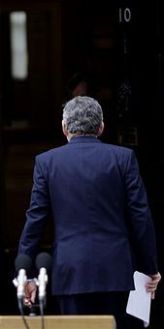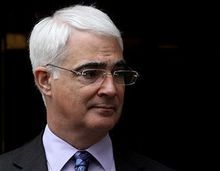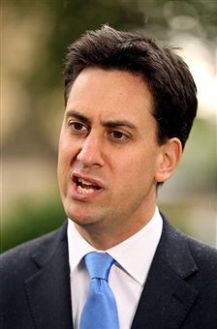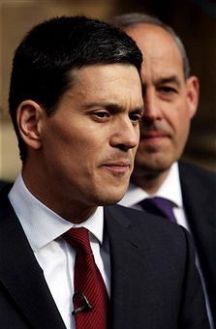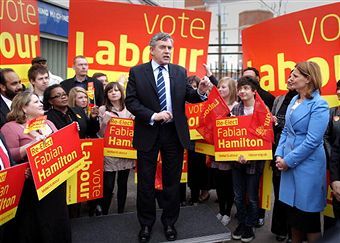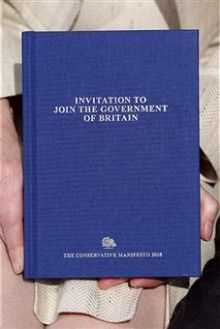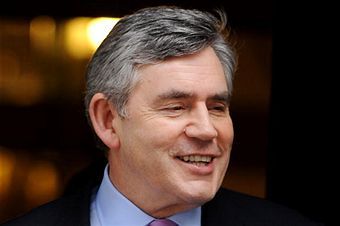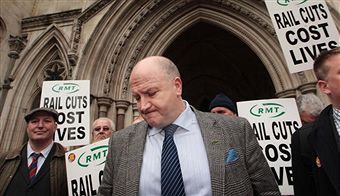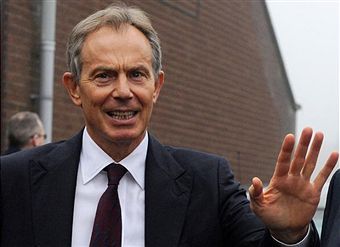Labour holds its breath for the Dark Lord’s memoir
Peter Mandelson’s memoirs are out in just over a week. Despite being one of the last off the stage, Mandelson has beaten his colleagues to the first full account of the Blair Brown era. Tony Blair’s ‘The Journey’ is not out until September. Indeed, some Blair allies think that Mandelson should have had the good manners to let the former Prime Minister publish first. There’ll be some people who dismiss any Mandelson book as old news. But from what I’m hearing these memoirs could be more interesting than people are expecting. Apparently, many of Mandelson’s political friends have not heard from him recently and fear they could be painfully frank.



